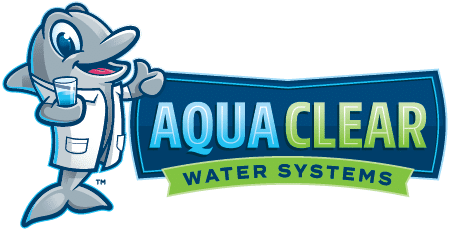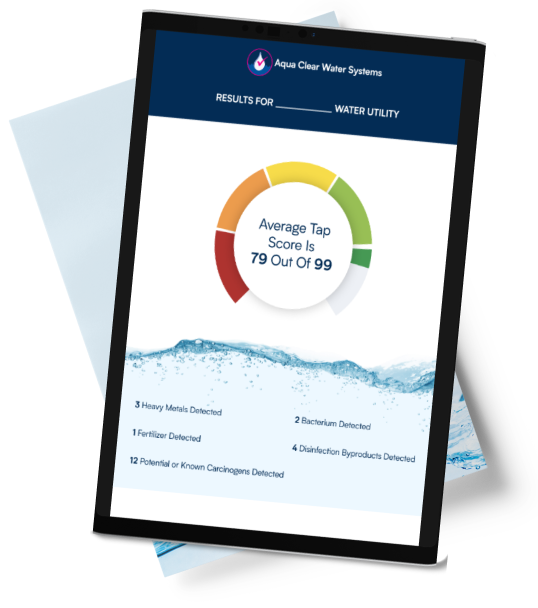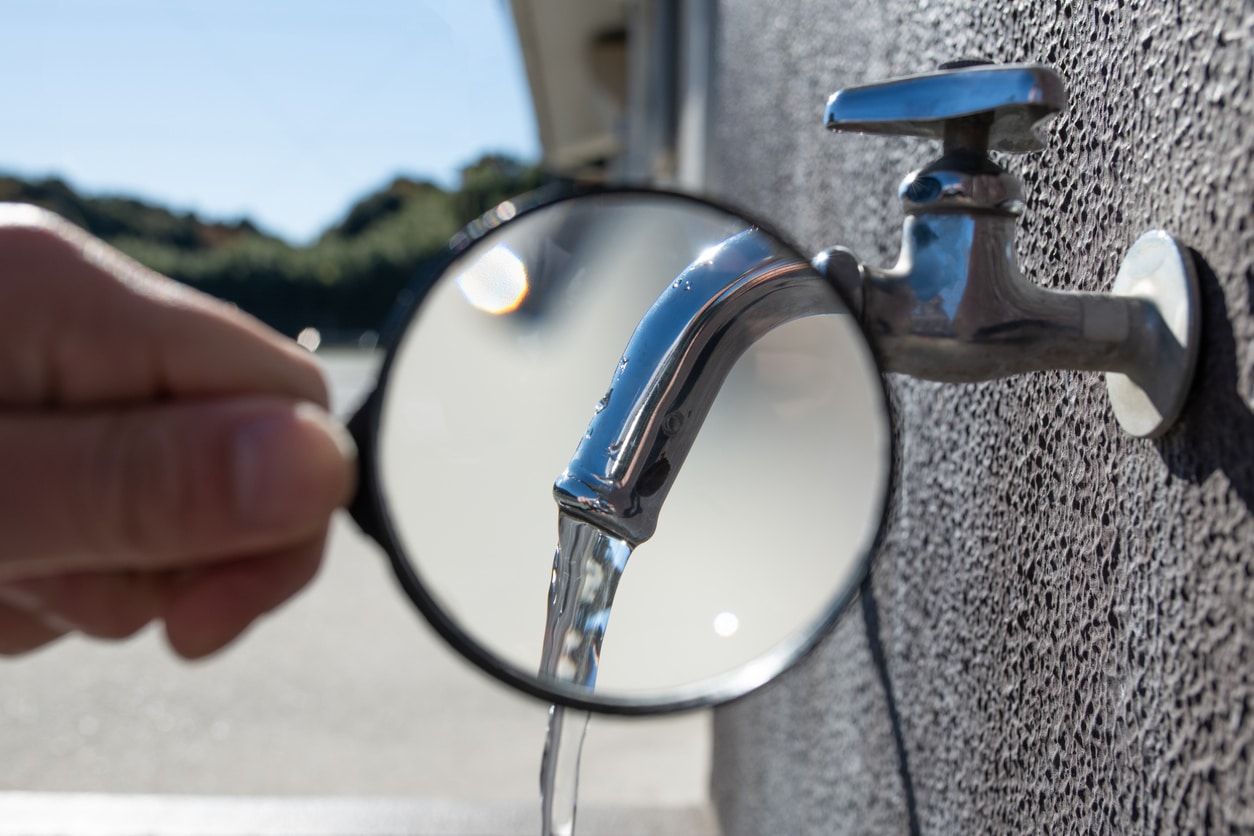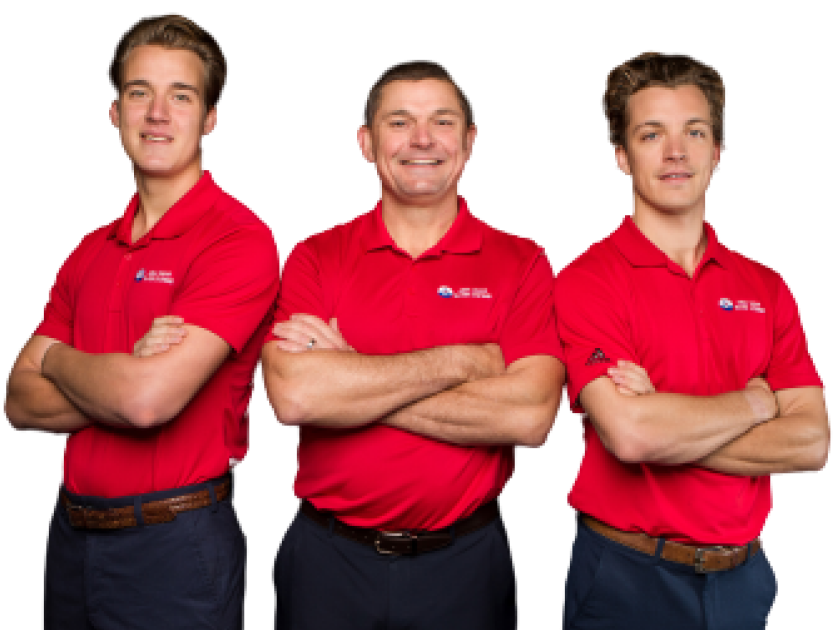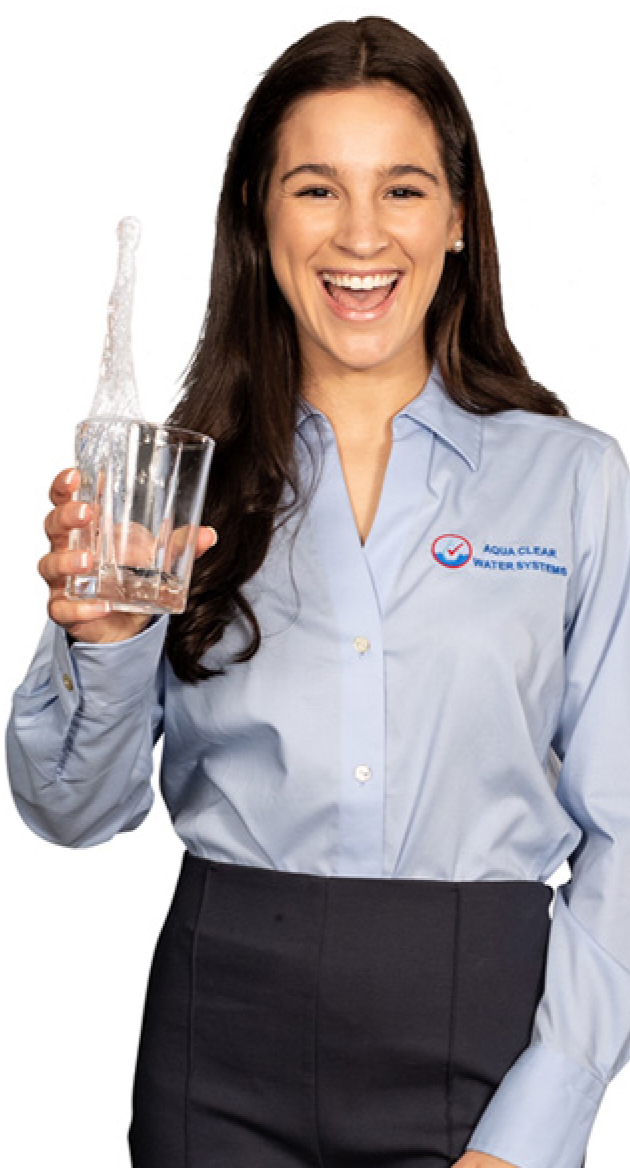Across the United States, homeowners are increasingly concerned about the quality and safety of their drinking water. Many are investing in water filtration systems to ensure their families have clean, safe water—but the variety of systems available can feel overwhelming at first.
The two most common types of water filtration systems, point-of-use (POU) and whole home (point-of-entry or POE), serve different needs. This article explains the features of both and highlights their key differences so you can make an informed decision for your home.
Why Water Filtration Matters
Pure drinking water is essential to health and used daily for drinking, bathing, cooking, cleaning, and laundry. But despite Environmental Protection Agency (EPA) regulations, many U.S. municipal water supplies still contain contaminants such as chlorine, heavy metals, and agricultural runoff.
Growing concerns include:
- Chlorine: Affects taste, odor, and can cause skin irritation.
- PFAS (“forever chemicals”): Persistent compounds that don’t break down and may accumulate in the body.
- Heavy metals: Aging infrastructure can leach lead, mercury, and other metals into water supplies.
- Hard water: Up to 85% of U.S. homes deal with excess calcium and magnesium, damaging appliances and pipes.
For homeowners with private wells, the risks are even greater since well water is untreated and not regulated by the EPA. High-quality filtration becomes critical.
Point-of-Use (POU) Systems
Point-of-use systems treat water at a specific tap. Options include filtered pitchers, countertop units, faucet-mounted filters, or under-sink installations. The most common filtration methods are activated carbon and reverse osmosis (RO).
- Activated carbon: Removes chlorine, sediment, organic compounds, and odors while retaining beneficial minerals.
- Reverse osmosis: Uses water pressure to push water through a semipermeable membrane, removing sediment, chemicals, bacteria, and excess minerals. Many people prefer the taste of RO-treated water because chlorine is effectively removed.
Whole Home (Point-of-Entry) Systems
Whole home or point-of-entry systems filter all water entering a house. These multi-stage systems often combine:
- Sediment filters: Remove dirt and larger particles (especially important for well water).
- Activated carbon and RO: Eliminate chlorine, chemicals, and odors.
- UV treatment: Neutralizes bacteria and viruses.
- Water softeners: Replace calcium and magnesium with sodium to prevent scale buildup.
POE systems protect every outlet, including showers, bathtubs, sinks, and appliances—extending appliance lifespan by reducing mineral buildup and scale damage.
What’s the Difference?
Both systems improve water safety, taste, and quality, but they differ in scope and cost:
- Coverage: POU systems filter water from a single tap or appliance; POE systems filter the entire household supply.
- Upfront cost: POU systems are more affordable initially but often require frequent filter replacements. POE systems require a higher initial investment but typically lower long-term upkeep.
- Maintenance: POU systems need more regular filter changes. POE systems need less frequent professional servicing.
- Best fit: Renters, small households, or first-time filtration users may prefer POU systems. Families, homeowners, or those with well water benefit more from POE systems.
Which One Is Right for Me?
Your choice depends on your household needs, budget, and water quality. Start by checking your local water quality report or having your water tested to identify specific contaminants. Then consider:
- Household size and water usage: Larger households often benefit from whole home coverage.
- Specific goals: Do you mainly want better-tasting drinking water, or do you want full-home protection against chlorine, hard water, and contaminants?
- Homeownership status: Renters may prefer the flexibility of POU systems, while homeowners can invest in long-term POE systems.
Why Professional Input Is Important
Water testing is the only way to know your water’s true quality, especially for private wells. Annual testing by a certified lab is recommended. Professional installation also ensures:
- Correct setup and optimal performance.
- Valid manufacturer warranties.
- Compliance with local building codes.
- Future support if repairs or upgrades are needed.
Experts at Aqua Clear Water Systems can help you choose the right solution and install it properly for long-term results.
Conclusion
- Point-of-use systems: Affordable, targeted filtration. Ideal for renters or households mainly concerned about drinking water.
- Whole home systems: Comprehensive coverage and long-term appliance protection. Best for families, homeowners, and well-water users.
The best system depends on your water quality, budget, and lifestyle. Get your water tested, then contact Aqua Clear Water Systems for expert advice and installation. With years of experience and top-rated service in Tennessee, we can help you enjoy cleaner, safer water in every corner of your home.
